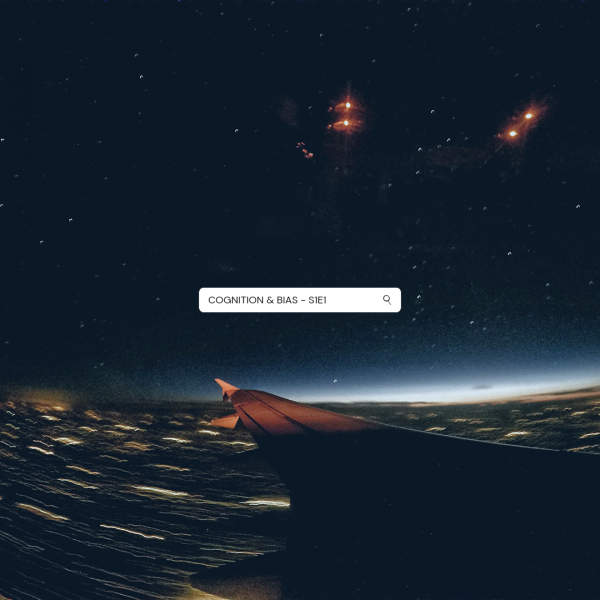Cognition and Bias – S1E1
Cognition
(origin): Latin, cognoscere. get to know. the mental action or process of acquiring knowledge and understanding through thought, experience, and the senses.
Bias
(noun): prejudice in favour of or against one thing, person or group, in a manner usually considered to be unfair.
The very first discussion in our journey of self-discovery has to be on cognition and bias. In every waking moment, our brain receives an endless stream of information, voluntarily and otherwise, via our senses. Our cognitive processes are so efficient, they run in the background without us noticing or paying any attention to them.
However, the brain does not make decisions solely based on the information it receives and the sensations it perceives. Our brain also utilizes the bottomless reserves of memories and emotions we have. These serve as references, lookup tables of sorts, against which the brain matches every new experience we, well, experience.
Utilizing past data to predict future performance is only one of the many errors which exist in our learning process. As an analogy, the field of data science and analytics stresses on minimizing or avoiding statistical bias in calculations, or we end up in a situtation where adding more data points could possibly worsen an already biased calculation.
A cognitive bias refers to an error in the construction of our thoughts, such that they differ from the truth or from reality. These biases affect our judgement in a non-ideal manner. Our inner worlds are a direct result of these thoughts, and consequently, so are our actions. Our realities and our perceptions become subjective rather than objective.
Now comprehend the effect of a cognitive bias in our learning process and our daily activities, be it with data from the inanimate world or our live interactions with humans. While a statistical bias may creep in due to imperfect data collection procedures among other causes, the cause of a cognitive bias is far more profound. Cognitive biases are systemic in nature.
A cognitive bias can easily be confused with a way of thinking due to one’s upbinging or the influences based on the company we keep. It can also be confused with calling a person biased in a specific situtation, for instance a racial or political bias. This is not about being partial or unfair. Cognitive biases are seated much deeper in our psyche. They are the building elements of how we think.
In the next post in this series, we will delve into the most common cognitive biases which plague us as humans, and how they have affected our lives in ways we do not realize or even comprehend. A comprehensive list of biases contains about 185 entries, but we will narrow them down to the most impactful ones.
“Daemons, they call them. They perform action without user interaction. Monitoring, logging, notifications. Primal urges, repressed memories, unconscious habits. They’re always there, always active.”
— Mr Robot, S1E4
